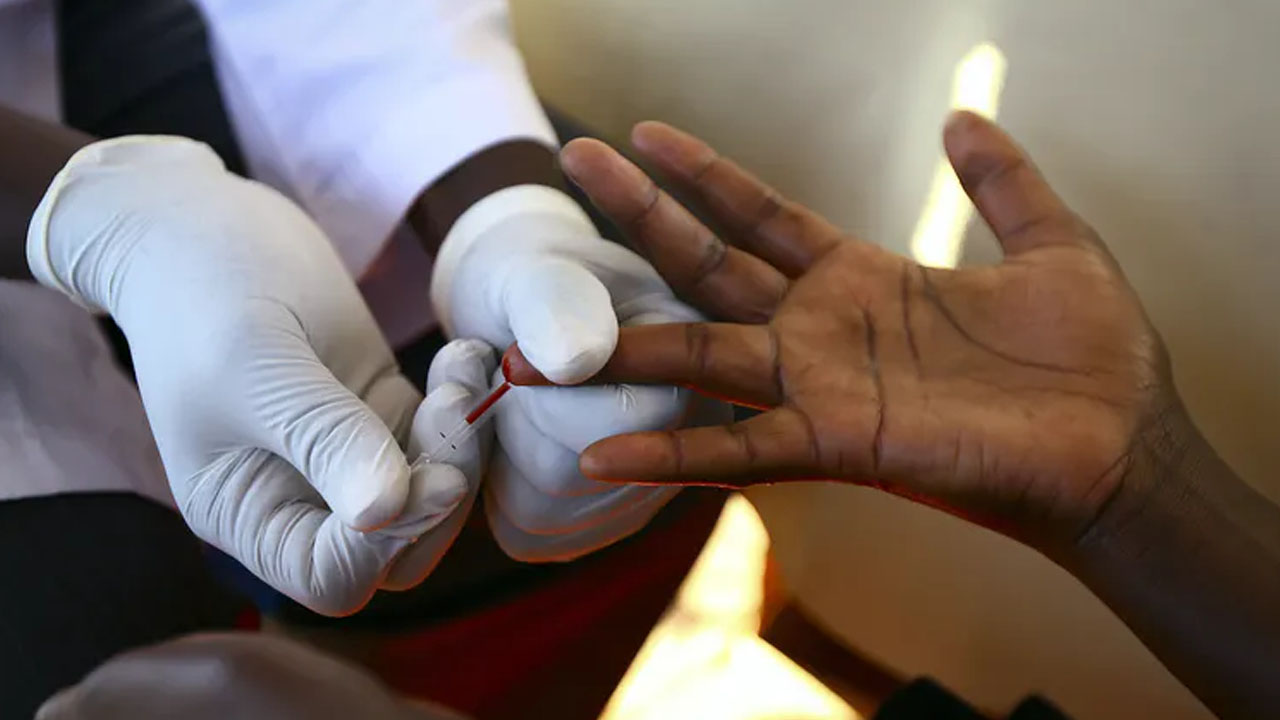
The National AIDS, Viral Hepatitis and Sexually Transmitted Infections Control Programme (NASCP) has concluded plans to standardise procedures for preventing mother-to-child transmission (PMTCT) of Human Immunodeficiency Virus (HIV) services in the country.
The move is part of efforts towards achieving the global 95:95:95 targets for HIV control by 2030. The goal is to ensure that 95 per cent of people living with HIV know their status, 95 per cent of those diagnosed are placed on treatment, and 95 per cent of those on treatment achieve viral suppression by 2030.
NASCP Director and National Coordinator, Dr Adebobola Bashorun, who disclosed this during the 2024 Assessment of Retention in HIV care for PMTCT and children in Abuja, observed that retention rates in children’s HIV care are currently at 33 per cent. He emphasised the need to integrate HIV services into broader health systems, and improved human resources to ensure effective management.
NASCP Consultant, Godpower Omoregie, expressed dissatisfaction with the findings of the assessment, conducted across 12 states across the six geopolitical zones, namely Kogi, Benue, Kano, Kaduna, Gombe, Adamawa, Delta, Akwa Ibom, Enugu, Anambra, Ogun and Lagos States.
He said: “While there is some progress in retention, benchmarking against the 95 per cent global target shows that about 40 per cent of clients are not retained in care, which is alarmingly low.”
A Deputy Director at the National Agency for the Control of AIDS (NACA), Dr Yewande Olaifa, said efforts must be made to optimise limited resources to bridge identified gaps, adding that the agency would analyse the survey findings to identify challenges and draw lessons from states that demonstrated successful practices.
Also speaking, UNICEF maternity and newborn health specialist, Dr Victoria Isiramen, called for a unified approach involving all levels of government and non-governmental organisations to address retention challenges in HIV care.






